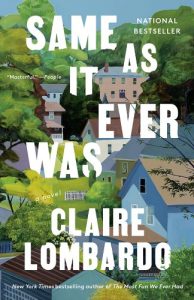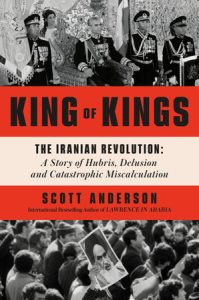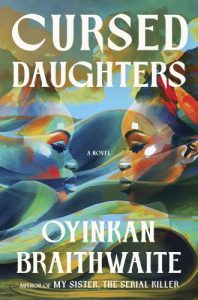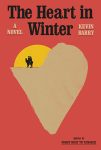
Review by Kevin Brown
There’s no way to read Claire Lombardo’s second novel without having the Talking Heads’ “Once in a Lifetime” running through one’s head, and it’s clear she means for the reader to do so. The reader follows Julia through three significant periods in her life — her childhood, especially her teenage years; the first years with her son, Ben; Ben’s marriage to Sunny — though the novel doesn’t move chronologically through her life. Julia is wondering, as David Byrne sang, “Well, how did I get here?” The reader not only asks that question, but also where and how Julia will end up.
While I was disappointed with the answer to those questions, as the ending felt too pat, too untrue to the messiness of life, Lombardo crafts Julia’s life — as well as the lives of those around her — so clearly that I cared about the answer throughout most of the novel. Julia and Mark’s marriage seems in danger of ending not once, but several times; Julia has a strained relationship with her mother, for good reasons; Julia is surprised (and not in a positive manner) by Ben’s announcement that he and Sunny are having a child and getting married; Julia struggles in dealing with her teenage daughter, Alma, who is dealing with the college admissions process.
The novel is clear-eyed about the problems in all of those relationships, in addition to some others, which is where the characters live and breathe. Life is found in the struggles, as well as the moments of joy, especially in the quotidian nature of life, which is, as the title reminds readers, the “same as it ever was.” I enjoyed spending time with these characters, not because they were perfect, but because they felt real. And that’s a good way to let the days go by, at least once in a lifetime.
Same As It Ever Was by Claire Lombardo. Doubleday, April 2025.
Reviewer bio: Kevin Brown has published three books of poetry: Liturgical Calendar: Poems (Wipf and Stock); A Lexicon of Lost Words (winner of the Violet Reed Haas Prize for Poetry, Snake Nation Press); and Exit Lines (Plain View Press). He also has a memoir, Another Way: Finding Faith, Then Finding It Again, and a book of scholarship, They Love to Tell the Stories: Five Contemporary Novelists Take on the Gospels.










